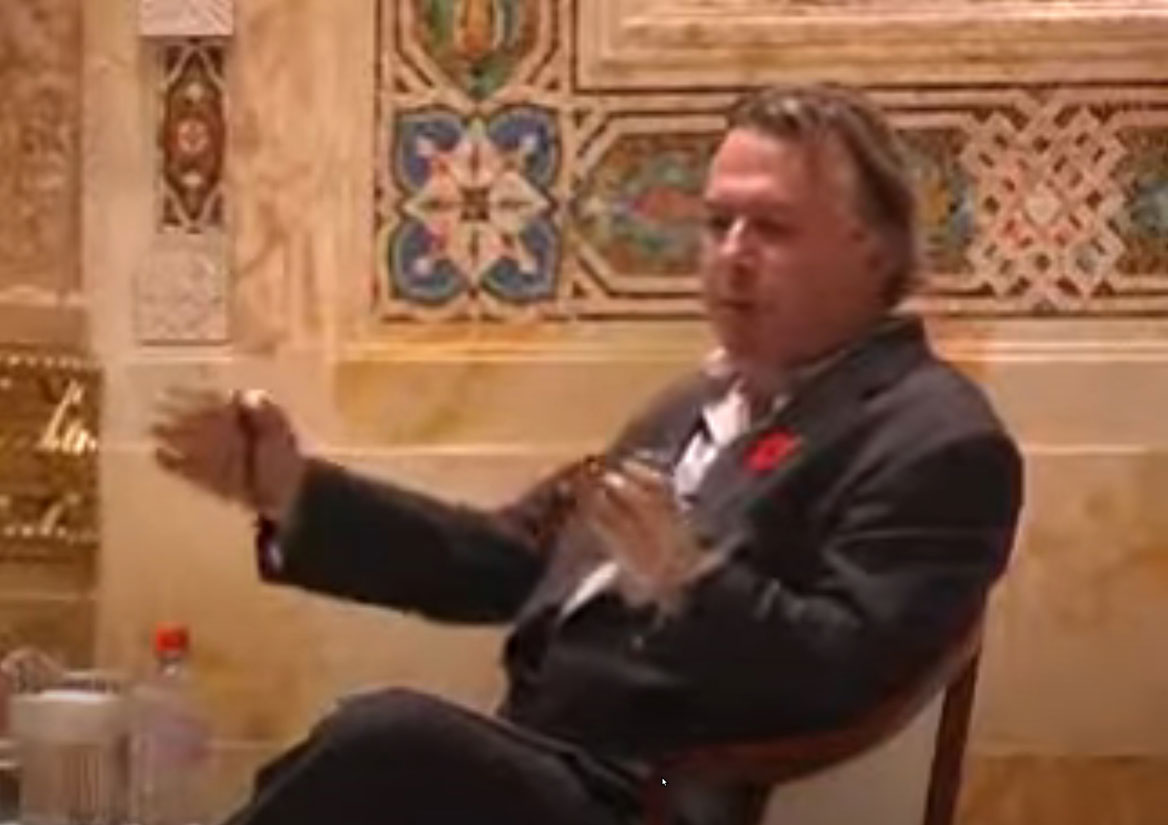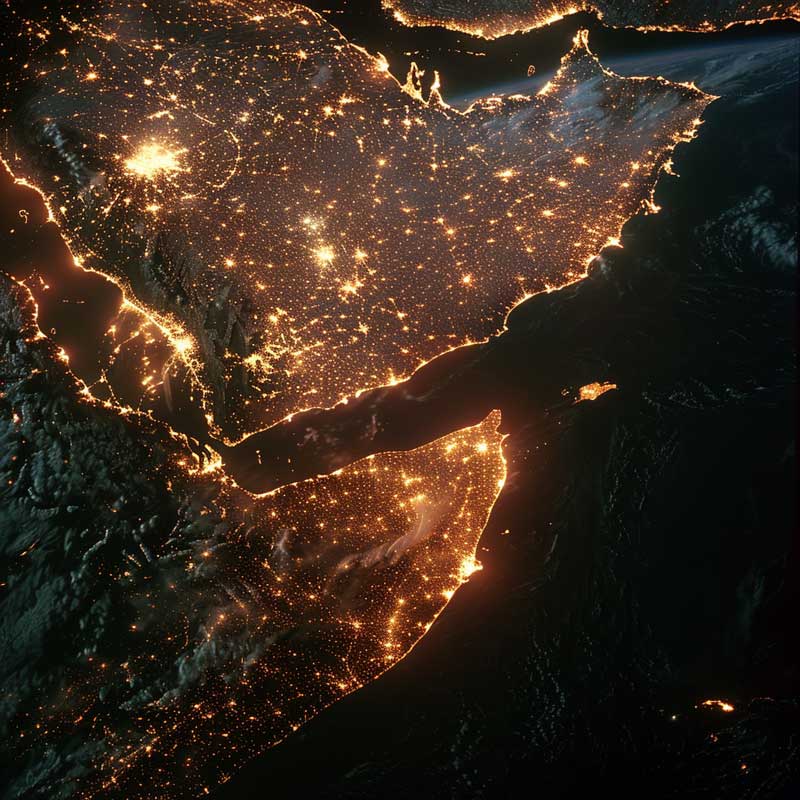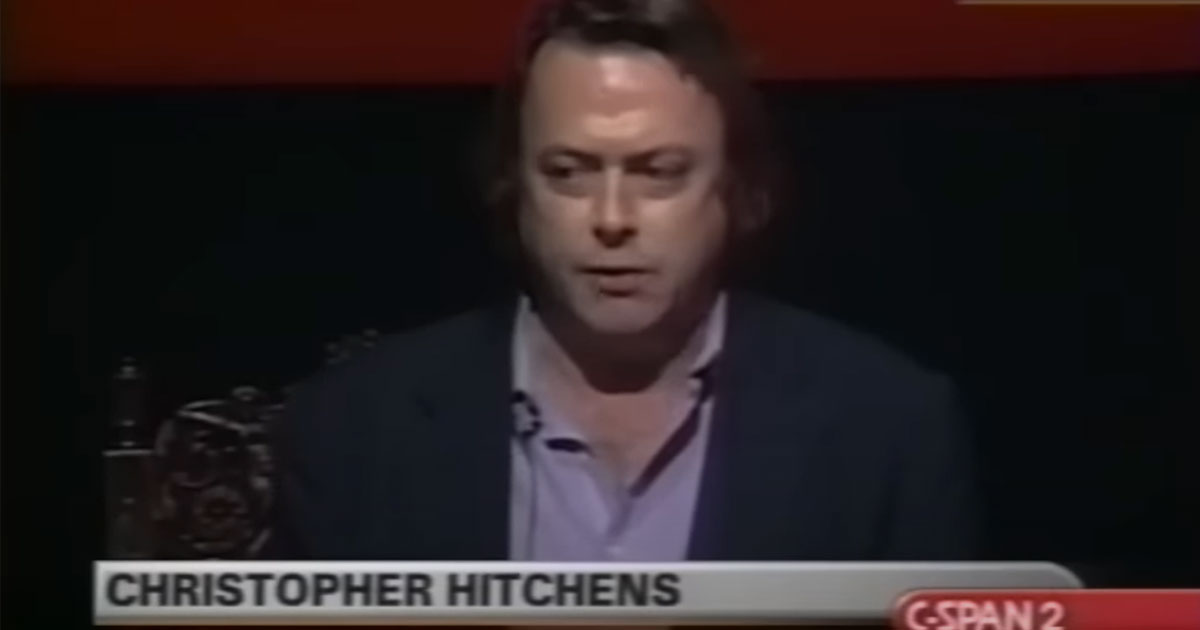A thought-provoking speech and debate sequence that delves into the merits and drawbacks of religious belief through a philosophical and ethical lens. Christopher, using sharp wit and critical reasoning, challenges the audience to reconsider the foundations of faith and the implications of divine design. He draws on historical examples, scientific insights, and theological critique to argue against the rationality of faith and the moral implications of religious dogma.
If you make the assumption that we are bodies, not just have bodies, then there isn't any mystery that remains to be explained about why a bleed in your brain will make you behave as if you weren't human anymore, unable to speak or think. The explanation is quite straightforward.
Christopher Hitchens challenges the audience with a provocative assertion about the dangerous liaisons between religious extremism and political power. Highlighting a shocking instance, he describes how a revered religious leader has openly embraced neo-fascists, denying historical genocides while sanctioning ancient myths as truths.
Christopher Hitchens' views on free inquiry, Parthenon sculptures, and historical justice. Learn why he advocates for their return and the importance of acknowledging past injustices.
Christopher Hitchens' views on the afterlife fantasy and its contemptible aspects. Discover why eternal beliefs and religion are questioned by Christopher Hitchens in his talk alongside Sam Harris.
A critique of religious extremism, arguing that it often leads to cruelty, violence, and repression. Hitchens also argues that religious extremism can lead to horrific acts of violence, as seen in the example of a young girl in Somalia. The author further criticizes the association of religion with totalitarian regimes, suggesting that these regimes often mimic religious structures and ideologies. The text concludes with a discussion on religious pluralism, using the contrast between South and North Korea as an example.
Socialism must include beliefs in the equality of all human divisions, cooperation for civilization, the common treasury of the Earth, absence of God and the need for maximizing happiness in this life. Hitchens emphasizes the principle of "from each according to ability, to each according to need" and believes that class struggle is central to societal dynamics. He sees a need for transcending selfishness and fostering collective humanity due to the shared fate of modern times.
In this 1985 interview, Christopher Hitchens discusses his recent trip to South Africa, his observations on apartheid's racial divisions, and the evolving role of the African National Congress (ANC). While hopeful for a revolution, he laments the needless suffering it may entail. The ANC's vision of a non-racial society offers promise for a more inclusive future.
"Now, I'm sorry to have to begin by disagreeing with His Grace. If you're going to be a serious, grown-up person and appear to defend the Catholic Church in public, in front of an educated and literate audience, you simply have to start by making a great number of heartfelt apologies and requests for contrition and forgiveness..."










